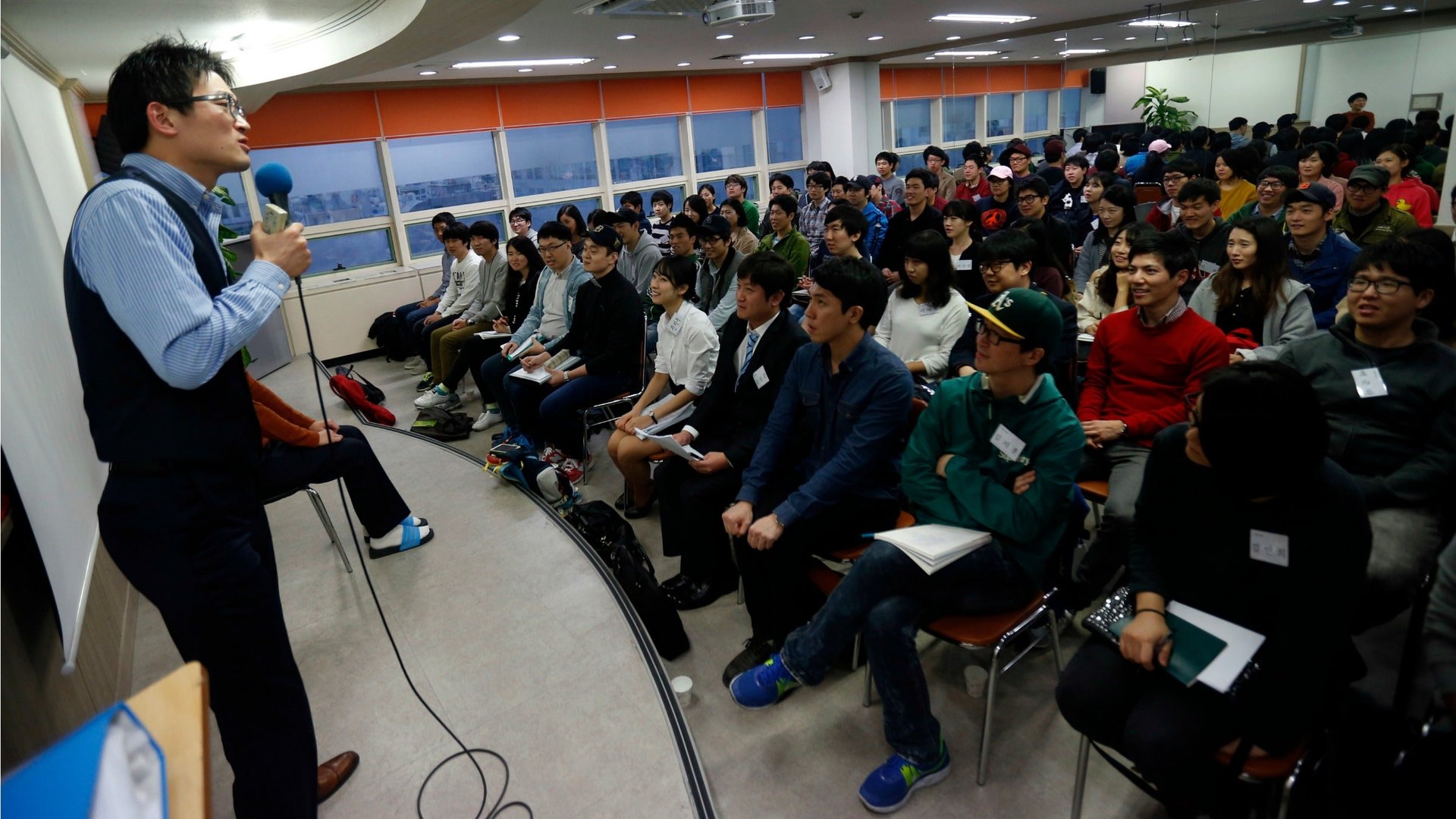Recruiters are so desperate for engineers they’re looking in virtual study lounges
The intense demand for engineering talent in Silicon Valley has helped spawn developer training bootcamps and recruiting-focused startups. Now, tech recruiters can find engineering talent in students’ natural habitat, while they’re still in school.


The intense demand for engineering talent in Silicon Valley has helped spawn developer training bootcamps and recruiting-focused startups. Now, tech recruiters can find engineering talent in students’ natural habitat, while they’re still in school.
The Wall Street Journal reports that the popular study tool Piazza will allow recruiters to search directly for potential hires among students using the platform. “More than half” of students at engineering schools like Stanford, MIT, Berkeley, and Carrnegie Mellon use the free service, according to Piazza, for a total of more than 1 million users. An average user spends two or three hours each night on the site.
Launched in 2009, the service acts like a wiki for professors and students to post documents, participate in a dialogue, and collaborate, publicly or privately. Students also have a profile where they can post course history, work experience, and visa status.
Cloud storage company Box’s head of recruiting told the Journal that its recruiters are already using Piazza to search for students by criteria like past internships or teaching assistant positions in specific classes, and are finding a higher quality of talent than on LinkedIn.
LinkedIn has attempted to reach students with University pages, which aim to help connect students and educators with career opportunities, but doesn’t have an engineering specific focus or the active, course level engagement that Piazza does. Also, rising college juniors won’t necessarily have LinkedIn profiles.
And if they do, LinkedIn doesn’t offer the granularity of skills and coursework that some companies look for when hiring developers.
It’s why tech recruiting startups like TalentBin and Gild pull data from a variety of sources including the code repository GitHub and StackOverflow to try and identify the specific talents or indicators of quality that make for good, hidden hires.
Part of the draw of using Piazza is more accurately identifying job targets. This could also provide access to, and data on, entire classes of MIT and Stanford engineering students that might have previously been invisible.
As appealing as the tool might be to students seeking jobs, a potential concern that could arise is the increased data sharing. The service is adopted on an ad hoc basis by individual professors and students, so its success as a recruiting tool depends upon how widely it’s adopted. The functionality of the site isn’t changing, but if too many recruiters join the party, it could alienate the learning environment that professors and students are hoping to create.
The gate between academia and startups has been open for awhile now, especially in Silicon Valley, where both professors and students have tech startups. It’s only a matter of time before recruiters are sitting in on engineering seminars.